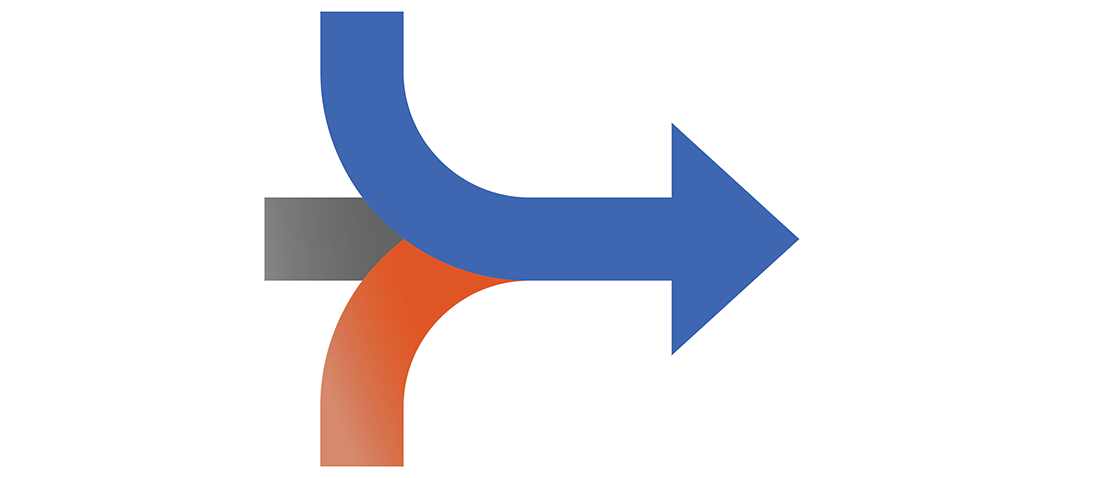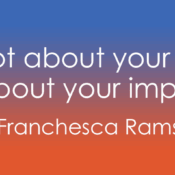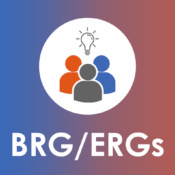
The Three Pillars of Inclusive Change: Vetting Your Next Accessibility Strategist
Hiring an accessibility consultant is an investment in lasting, systemic change. It’s about building an organization that’s truly inclusive—for customers, employees, and the community.
The right consultant understands that barriers aren't just digital; they’re also physical, systemic, and attitudinal. They must go beyond technical audits to be a change agent, policy expert, and empathetic advocate.
To find a partner who can drive true transformation, you must move past technical metrics. I cannot stress enough the importance of focusing your vetting process on three foundational pillars: deep subject matter expertise, authentic lived experience, and a commitment to meaningful representation.
Pillar 1: Deep Subject Matter Expertise
A strong accessibility consultant must bring strategic insight across all domains—physical spaces, internal systems, and digital platforms. Their expertise must fundamentally go beyond mere compliance checklists to drive real, lasting culture change.
What to Look For:
- Holistic Barrier Analysis: The capability to assess your entire operation, from the built environment and hiring process to the final user experience.
- Systemic & Attitudinal Expertise: Proven experience in change management, including designing mandatory, role-based training, revising HR and procurement policies, and establishing methods for tracking cultural shifts. They must know how to dismantle policy barriers that create inaccessible outcomes.
- Physical & Digital Fluency (Contingent on Project Needs): Demonstrable expertise in physical accessibility standards (ADA, building codes, Universal Design) and digital accessibility standards (WCAG, web/mobile auditing, and remediation guidance).
Questions to Ask:
- “Tell us about a project where physical, systemic, and digital barriers converged. What was your holistic solution and your process for ensuring all three areas were addressed?”
- "Can you share examples of revising organizational policies—particularly in hiring, performance reviews, or accommodation processes?"
- "Beyond an audit, how do you ensure accessibility knowledge is embedded in our organization long-term?"
- "How do you define the difference between mere compliance and a genuine commitment to Universal Design principles?"
Pillar 2: Authentic Lived Experience: The Authentic Voice and Impact
The most effective and accurate accessibility insights come directly from the disability community. People with disabilities are the true Subject Matter Experts on their own experiences. Hiring a consultant who is a disabled person, or a firm that deeply integrates them, ensures your accessibility solutions are grounded in reality, not assumption, leading to genuinely effective outcomes.
What to Look For:
- First-Hand Expertise: Consultants who bring personal, lived experience of disability. This authenticity is necessary to effectively convey the real-world impact of your organization's barriers.
- "Nothing About Us Without Us": A commitment to the "Nothing About Us Without Us" principle, demonstrated by ensuring the lived experience of disabled people is the foundation for every strategic insight, policy revision, and cultural recommendation. The consultant should be the trusted advocate and strategic champion of the community, not just an auditor.
- Challenging Assumptions: The ability to proactively identify and address internal biases (attitudinal barriers), ensuring that your organization's policies and designs are not based on outdated stereotypes about what disabled people can or cannot do.
Questions to Ask:
- "How do you ensure that your recommendations are informed by the lived realities of users with disabilities, and how do you protect against 'tokenism' in the consultation process?"
- "Can you share an example of a time you encountered a significant attitudinal barrier (e.g., resistance or prejudice) within an organization, and how you worked to overcome it?"
- "When reviewing the accessibility of a physical space, how do you layer technical code compliance with the actual lived experience of a disabled individual to identify functional gaps?"
- "How will you measure the success of our accessibility initiative in terms of actual user experience and culture change, not just technical compliance scores?"
Pillar 3: Appropriate Representation: Equity, Intersectionality, and Full Spectrum Design
The disability community is vast and non-monolithic. While no single person or team can represent every form of disability, the consultant you hire must demonstrate a comprehensive understanding of how accessibility manifests across these different domains. Situations may warrant selecting a niche consultant with deep expertise specific to your immediate project needs (e.g., a focus on accessibility for those who are Deaf/hard of hearing, blind, or neurodiverse).
What to Look For:
- Domain Expertise Over Universal Knowledge: Look for a consultant or team that offers targeted, deep expertise in the major domains relevant to your project (digital, physical, and policy). They must be able to apply inclusive design principles and, when necessary, integrate specialized expertise for specific areas for identified target stakeholder groups. The focus should be on depth where it matters, not superficial breadth.
- Intersectionality Awareness: The consultant must have a deep understanding that race, gender, class, and disability create unique, compounded access challenges. Their strategies should be designed to prioritize equity for the most marginalized stakeholders.
- Organizational Scope: The ability to consult across all departments to embed representation and inclusion in crucial areas, including supplier diversity programs, external communications, and internal Employee Resource Groups (ERGs).
- Practice of Cultural Humility: An approach rooted in respect, continuous learning, and open dialogue. They must be focused on dismantling systemic barriers that disproportionately affect marginalized groups by recognizing how disability intersects with race, gender, and other identities.
Questions to Ask:
- "When you assess a product or service, what specific measures do you take to ensure the solutions are inclusive for all individuals with disabilities?"
- "How do you identify systemic and intersectional barriers in the hiring, retention, and career progression of disabled people in an organization?"
- "How will you help us build internal capacity and ownership so that we can sustain and expand our accessibility commitment, rather than remaining dependent on external consulting?"
Choosing the right consultant isn't just about checking a box; it's about asking tougher questions to build a truly inclusive future.
By prioritizing these three pillars—Deep Subject Matter Expertise, Authentic Lived Experience, and Diverse Representation—your organization will secure a partner capable of driving deep, meaningful change across all physical, systemic, and attitudinal barriers.



